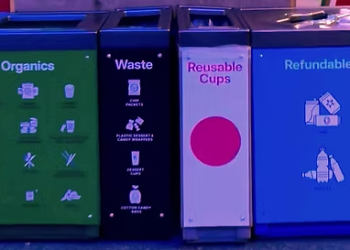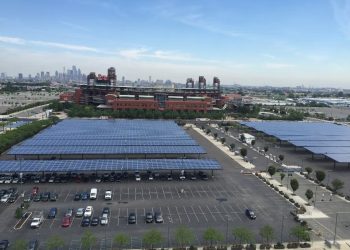The 2026 FIFA World Cup will be the largest football tournament in history, but also one of the most challenging from an environmental perspective. With 48 teams, 104 matches and 16 host cities across the United States, Canada and Mexico, the event will bring unprecedented logistical and sustainability demands. Experts project that the carbon footprint could exceed nine million tonnes of CO₂ equivalent, making it potentially the most polluting World Cup ever. Air travel is expected to account for the vast majority of emissions due to the long distances between venues, placing the tournament under intense environmental scrutiny.
FIFA has introduced a Sustainability and Human Rights Strategy for 2026 that requires host cities to comply with the ISO 20121 standard for sustainable event management. This framework aims to ensure that stadiums, training facilities and fan zones operate with reduced environmental impact while promoting social inclusion and community engagement. Cities such as Houston are developing sustainable event playbooks to guide operations, Dallas is prioritising green tourism and infrastructure, and Guadalajara is focusing on water security and equitable access for local communities.
The 2025 Club World Cup acted as a real-world rehearsal for many of these host cities, highlighting key challenges such as extreme heat, stadium cooling and pitch management. Lessons learned from that competition are being applied to adapt venues, with some stadiums investing in roofing and advanced climate control systems to protect players and fans.
Despite the scale of the challenge, there is an opportunity for the 2026 World Cup to become a model for sustainable mega-events. If organisers can reduce air travel through smarter scheduling, promote public transport for fans, and adopt renewable energy solutions across venues, the tournament could set a precedent for the future of global sport. Without bold and coordinated action, however, it risks becoming a cautionary tale of environmental excess at a time when sport is being called to lead on climate responsibility.



















